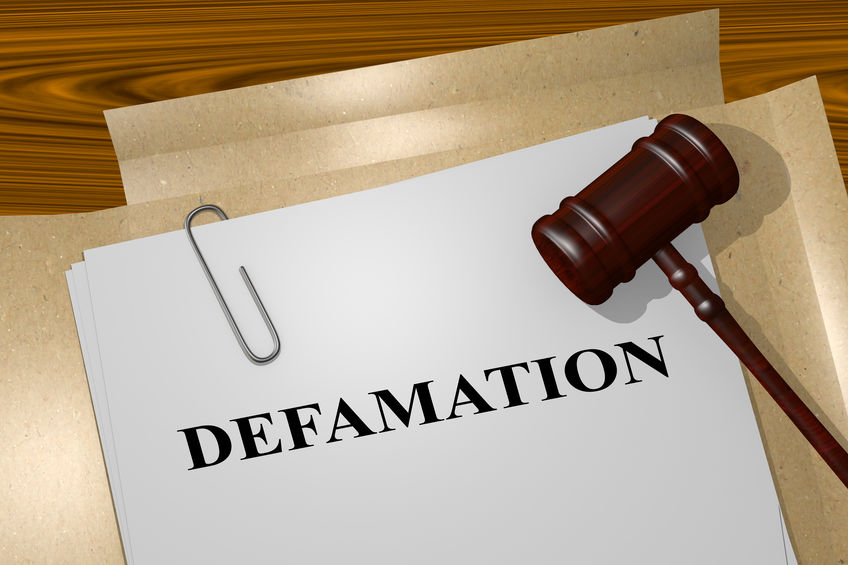Defamation is defined as the act of damaging another individual’s good reputation or character, which is typically categorized into slander or libel.
Under the Florida Statutes §95.11, the clock starts ticking on a defamation claim the minute that the defamatory statements are made. This is a pretty strict guideline compared to some other states, so it is important to be weary of this deadline so that you file a timely claim.
What are examples of defamatory actions that trigger the statute of limitations clock?
To prove a defamation claim, an individual must be able to prove:
- The defendant published or stated a false statement;
- About a plaintiff;
- To a third party; and
- The falsity of the statement caused injury to the plaintiff.
Slander is defamation in oral or spoken form, and libel is defamation in written form.
Some examples of slander include lying about another person’s restaurant such as saying that their kitchen is infested with bugs, when it is not, or spreading rumors about an individual such as saying that they have a sexually transmitted disease, when they do not. Slander can be more difficult to prove than libel because it is only spoken, not written, so it is hard to obtain evidence. But, if you have a reliable witness, or witnesses, that can vouch for you that an individual was defaming you by spreading lies or rumors, then it is important to have them know the exact date in which they heard the slander from the defendant, so you know when the statute of limitations clock started ticking.
Some examples of libel include writing a review on a restaurant’s website stating that the food gave you food poisoning when it did not, or, the most common example, magazines writing false information or rumors about celebrities in their weekly magazine publication. Libel is easier to prove than slander because you generally have access to the written defamation, and if it’s a published article it will almost always have a date, so you are aware of when the statute of limitations clock started.



